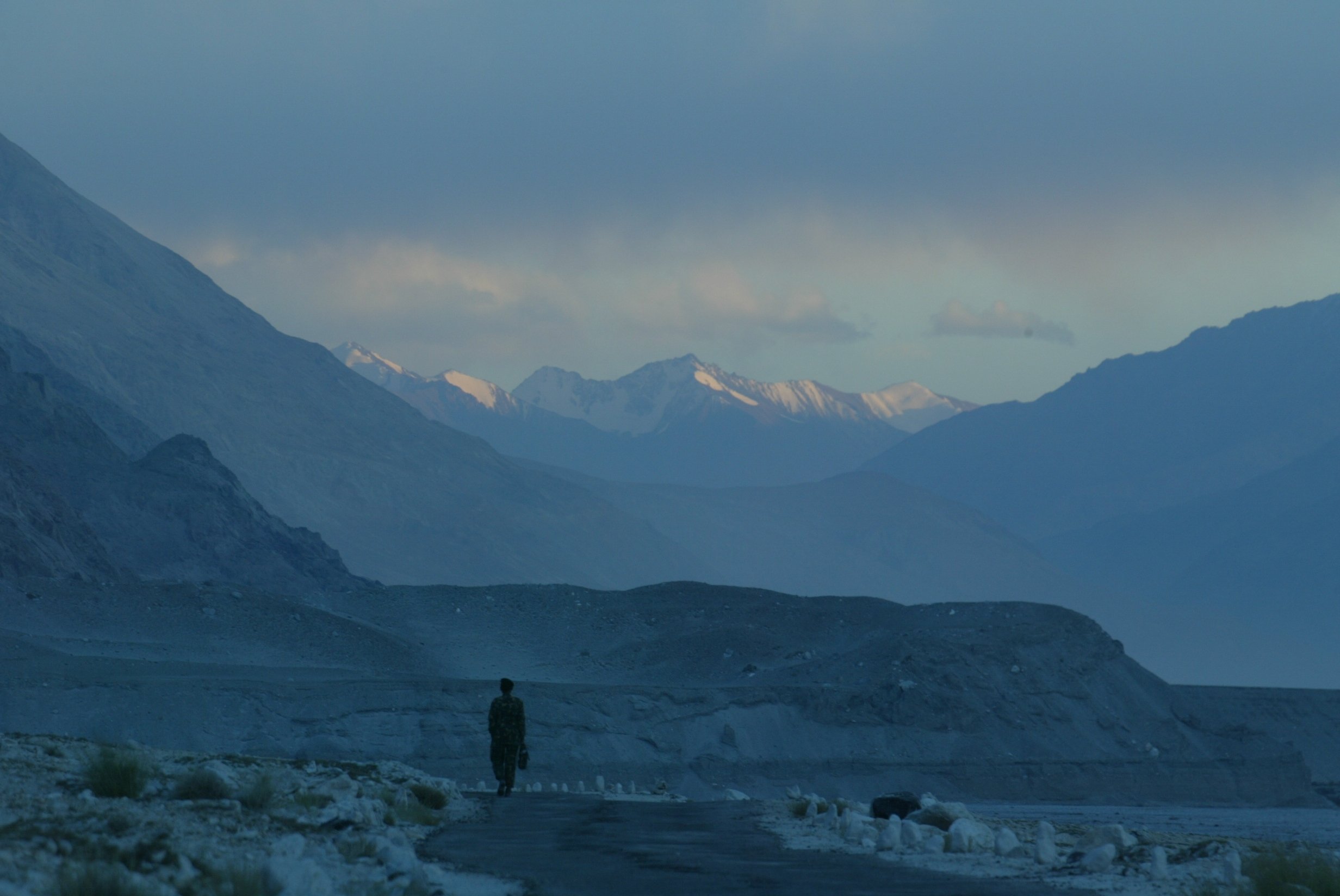
This was stated by speakers at a one-day roundtable on "Mainstreaming of Khyber-Pakhtunkhwa Tribal Districts (K-PTDs) into national and political architecture: Challenges and solutions" and mainstreaming Gilgit-Baltistan: Concerns, reservations and aspirations". The dialogue was organised by the Islamabad Policy Research Institute (IPRI) in Islamabad on Thursday.
Former K-P governor Owais Ahmed Ghani said that the international dimension surrounding erstwhile Federally Administered Tribal Areas (Fata) has been dominated by the geopolitical interests of competing nation-states of turning the Hindukush into a geopolitical faultline.
“The US and China are competing for dominance in 21st Century and is the latest phase of the ‘Great Game’ with Pakistan forced to play the same game by the same rules. Policies and actions of the US, the world’s biggest hegemon, will decide the future course of South Asia geopolitics,” he said.
Ghani remarked that the unstated objectives of US are to ‘keep the region in chaos and acquire permanent bases on the pretext of terrorism; destabilise, weaken and de-nuclearise Pakistan (on the patterns of the USSR).’
He predicted that due to such a policy, a ‘fifth generation or hybrid war under the US-India axis against Pakistan will continue and that former Fata, Gilgit-Baltistan (G-B) and Balochistan regions will be the main targets of subversion by hostile external powers and their agencies.”
He lamented that such policies have had and will continue to have deep impacts on Pakistan, particularly in the tribal regions with societal polarization between Westernised liberal-secularists and religious-conservative elements.
“There remain significant administrative system anomalies and so-called special areas which need urgent attention,” he said and recommended that instead of doing things in haste, incremental steps were needed in consultation with Fata residents.
Moreover, he called for implementing improved administrative and judicial systems to eliminate their current shortcomings; close coordination between administrative, political and military set-up apart from detailed homework on administration and judicial systems, as well as targeting easier areas for reforms first, followed by difficult ones.
In a session on ‘Mainstreaming of Khyber-Pakhtunkhwa Tribal Districts (K-PTD), formerly Fata, into national and political architecture: Challenges and solutions’, Khyber Law College Professor Dr Sohail Shehzad discussed ‘Tribalism and Rewaj and Proposed Rule of Law Reforms in K-PTD: Challenges in Transforming Traditional Institutions into Formal Justice Institutions.’
He said that given the practice of Rewaj over the decades, the tribal areas are not attuned to formal state structures, especially legal systems of justice.
“Implementing a formal legal system will be a challenge for the state,” he warned, adding that the transition will also be critical, especially in terms of past decisions taken under Rewaj vis-a-vis women’s rights, land rights and inheritance etc. that will need to be respected and upheld.
Published in The Express Tribune, March 1st, 2019.

















COMMENTS
Comments are moderated and generally will be posted if they are on-topic and not abusive.
For more information, please see our Comments FAQ